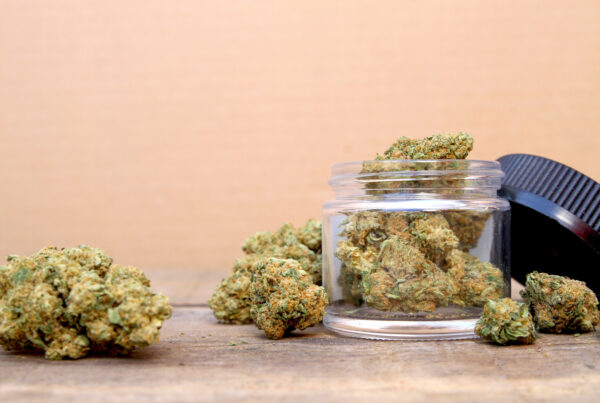If you’ve developed a bad habit with any substance, you may be interested in learning how to get sober and stay sober. This past year has been difficult for so many people for so many reasons. If you find yourself taking certain addictive substances, like alcohol, more often than usual, or you just want to develop a healthier lifestyle, you may be ready to take the first step toward sober living.
In this article, we’re exploring how to get sober and stay sober.
How to Get Sober and Stay Sober
Getting sober can seem like a huge hurdle to overcome when you’re suffering from a substance abuse disorder. Looking ahead, the thought of staying sober can feel overwhelming. Thinking too much about how you’ll manage to stay sober forever can even stop you from trying in the first place.
But you shouldn’t let anxiety or overwhelming thoughts stop you. There is hope. Plenty of people do, in fact, get sober and stay sober, and you can do it as well. No one can promise it won’t be challenging or that there won’t be bumps in the road, but it can certainly be done.
If you are early in the process and want practical guidance for the first phase of recovery, you may find it helpful to read Starting Off Your Sober Life Right.
Here’s how to get sober and stay sober.
Change Your Routines and Habits
Are you a “creature of habit”? Probably, the answer is yes. Most humans are. You tend to get comfortable with routines and stick with them. Even if life seems chaotic on the surface, many people still have predictable patterns, including who they spend time with and where they go.
Luckily, humans are highly adaptable. One of the first things that can help you get sober and stay that way is changing your routines. If you’re using substances regularly, you’re likely visiting places where substances are available, spending time with people who use, or both. For example, if you’re struggling with alcoholism, you may have bars or liquor stores you visit regularly. If you use drugs, you may have relationships with dealers or other users, and those relationships can become part of your routine.
Those habits will have to change. It’s possible to go to a bar and order water or soda, but that is a difficult expectation early in recovery. It may be an option later, but for now it’s often safer to avoid bars and other high-risk environments. If you have friends who are actively using substances you want to avoid, you’ll likely need to avoid those friends for now too.
Do not just give things up. Look for replacements. AA and other sobriety fellowships offer regular meetings, and many communities have multiple meetings available each day. You can substitute a meeting for a high-risk activity. Go to a meeting instead of going to the bar. Go to a meeting when you would normally drive to the liquor store. If old friends invite you out, choose a safer alternative.
If AA isn’t for you, you can still replace old patterns with healthier options. Go to the library. Get ice cream. Go for a walk in the park. Spend time with sober friends. Substitute something healthier until you’ve broken the old routines and replaced them with new ones.
One of the hardest parts of changing routines is the social side. If you are worried about losing relationships or feeling isolated, this guide may help: How to Be Sober and Keep Your Friends.
Get Support
People need people. There’s a good chance you turned to substances to deal with something in your life. Some people numb emotional pain, some self-medicate physical pain, and some use substances to avoid loneliness. Whatever the reason, it won’t disappear just by getting sober. You need a support network to help you manage life stressors and support long-term recovery.
If you have mental or physical health concerns, your support network should include medical professionals who can help you manage symptoms and treatment. Many people also benefit from support groups, therapy, and recovery communities. Supportive friends and family can play an important role too, as long as they do not encourage substance use and are not harmful to your well-being.
If you want additional structure for day-to-day recovery habits, you may find this helpful: 6 Tips for Staying Sober.
As you build stability, it can also help to understand how cravings and triggers show up over time. This older resource supports that topic well: How To Fight Addiction Triggers.
Celebrate Whenever You Can
Staying sober is a big deal, even if it’s just your first day. The first day leads to the second day, then the third, and so on. Look for milestones and give yourself permission to acknowledge them. The first day sober. The first week sober. Handling stress without using. Getting through a gathering sober.
Celebration does not need to be a big event. You should acknowledge your successes, even the ones that seem small. Reward yourself in meaningful ways: watch a favorite movie, buy a small treat, or tell someone who will be genuinely excited for you. Substance use can impact self-esteem, and recovery includes rebuilding confidence and self-trust.
If you need encouragement on what sobriety can add to your life over time, you may want to read The Many Benefits of Being Sober.
Sobriety is not a goal everyone reaches on their own, and some people need higher levels of support than others. That’s OK. If you or someone you know needs help getting and staying sober, contact The Heights Treatment.





